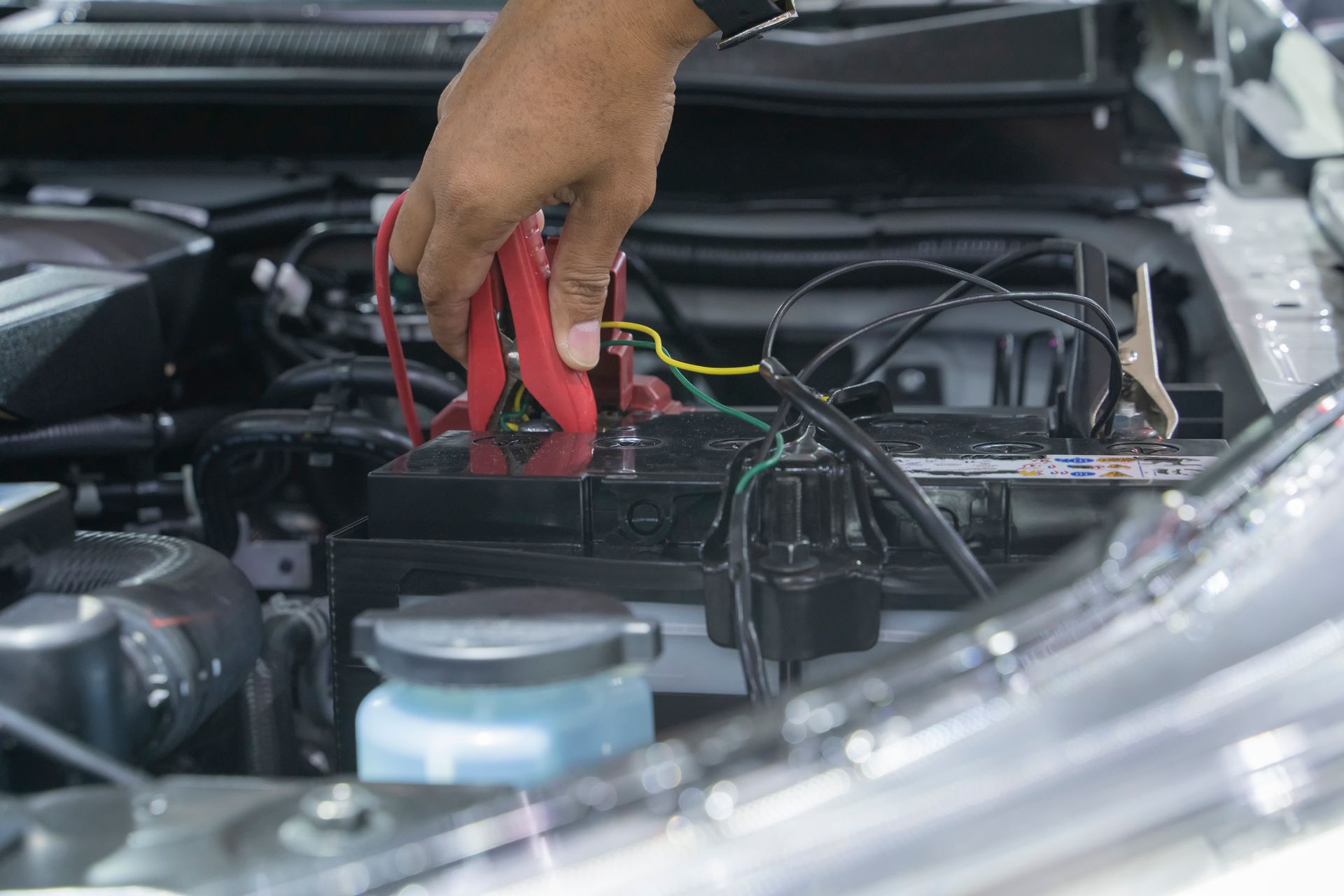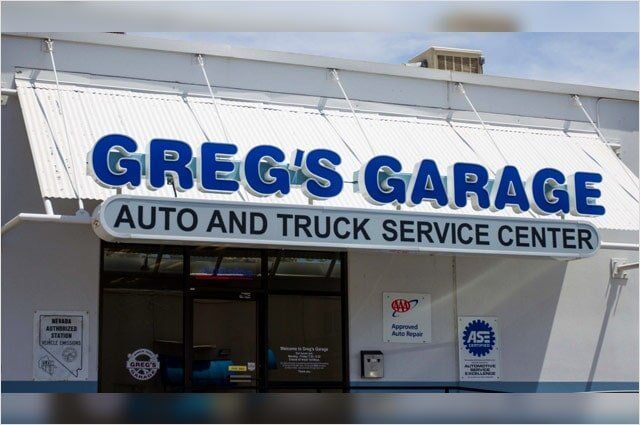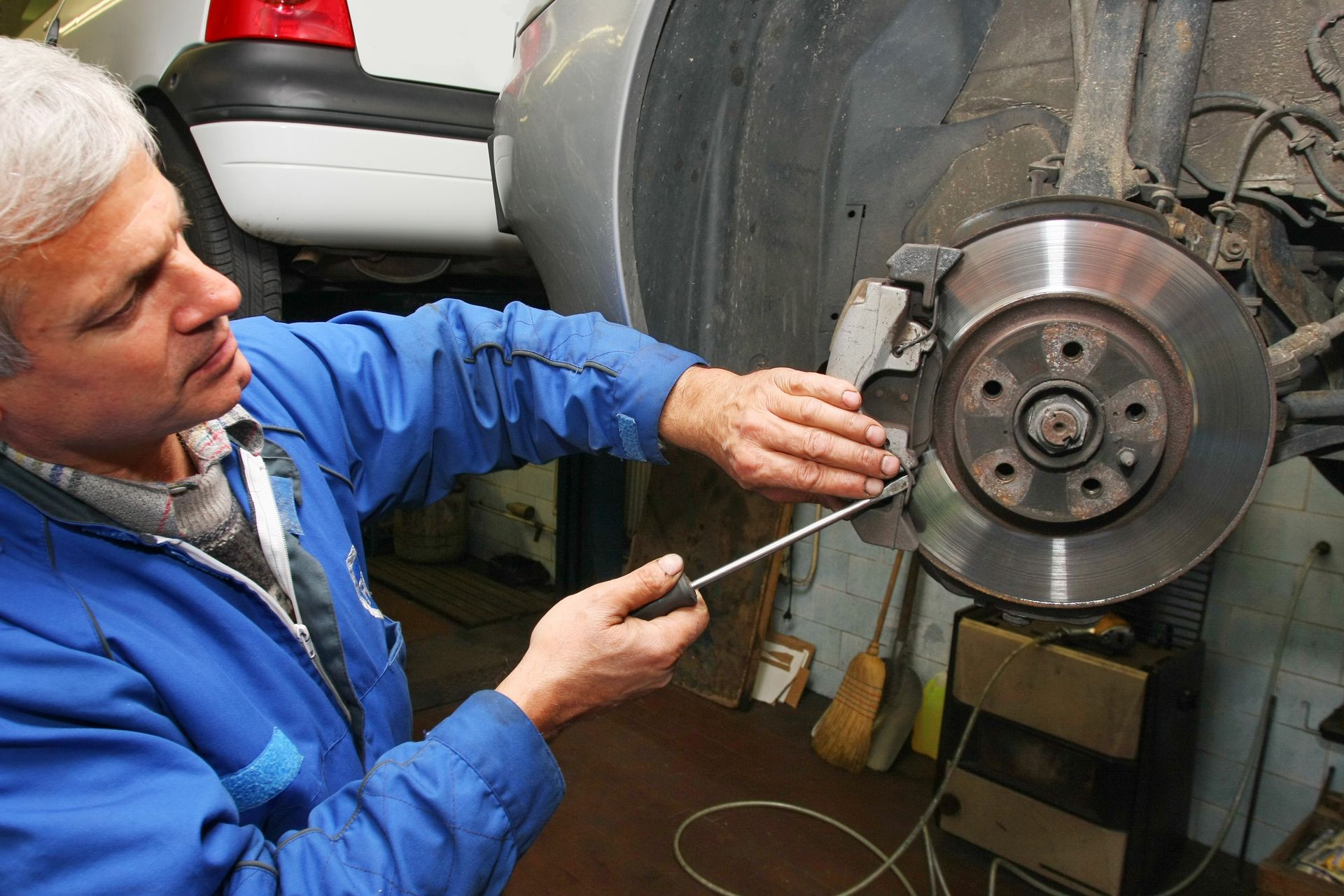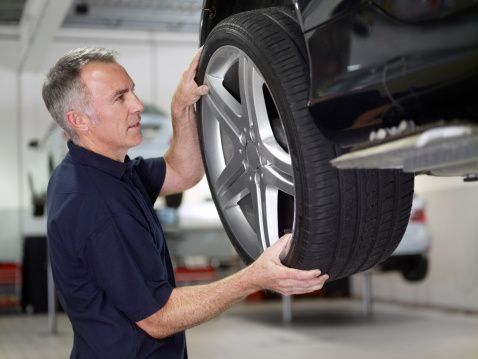Blog

Your car’s battery is its heart, providing the necessary power to start the engine and run electrical systems. Understanding how to maintain and service your battery can save you from unexpected breakdowns and extend its lifespan. What is a Car Battery? A car battery is a rechargeable power source that supplies electrical energy to your vehicle. It powers the starter motor, lights, and other electronic components. Most modern cars use lead-acid batteries, known for their reliability and efficiency. Battery Life Expectancy On average, a car battery lasts between 3 to 5 years. However, several factors can influence this lifespan, including: Climate: Extreme temperatures can shorten battery life. Heat accelerates chemical reactions inside the battery, while cold can reduce its ability to hold a charge. Driving Habits: Frequent short trips prevent the battery from fully charging, while long drives help maintain its charge. Maintenance: Regular checks and proper maintenance can extend battery life. Signs Your Battery Needs Attention It’s crucial to recognize the signs of a failing battery to avoid being stranded. Look out for: Slow Engine Crank: If your engine takes longer to start, it might be a sign of a weak battery. Dim Lights: Dimming headlights or interior lights can indicate a battery issue. Warning Light: Many cars have a battery warning light on the dashboard. If it lights up, get your battery checked immediately. Battery Maintenance Tips Proper maintenance can significantly extend your battery’s life. Here are some tips: Regular Inspections: Check the battery terminals for corrosion and clean them if necessary. Secure Connections: Ensure the battery is securely mounted and the connections are tight. Avoid Short Trips: Try to drive your car for longer periods to allow the battery to charge fully. Turn Off Electronics: Make sure to turn off lights and other electronics when the engine is off to prevent draining the battery. When to Replace Your Battery Even with the best care, all batteries eventually need replacing. If your battery is over three years old, have it tested regularly. If it fails to hold a charge or shows signs of damage, it’s time for a replacement. Tips for Jump-Starting a Car If your battery dies, knowing how to jump-start your car can be a lifesaver. Follow these steps: Find a Working Car: You’ll need another vehicle with a fully charged battery. Position the Cars: Park the cars close enough for the jumper cables to reach both batteries but ensure they don’t touch. Turn Off Both Cars: Make sure both vehicles are turned off before connecting the cables. Connect the Jumper Cables: Attach one red clamp to the positive terminal of the dead battery. Attach the other red clamp to the positive terminal of the good battery. Attach one black clamp to the negative terminal of the good battery. Attach the other black clamp to an unpainted metal surface on the dead car’s engine block (not the negative terminal). Start the Working Car: Let it run for a few minutes to charge the dead battery. Start the Dead Car: Try to start the car with the dead battery. If it starts, let both cars run for a few minutes. Remove the Cables in Reverse Order: Carefully remove the jumper cables in the reverse order of how you connected them. Keep the Engine Running: Keep the jumped car running for at least 20 minutes to allow the alternator to charge the battery. Professional Battery Services At Greg’s Garage, we offer comprehensive battery services, including testing, maintenance, and replacement. Our experienced technicians use state-of-the-art equipment to ensure your battery is in top condition. Don’t wait until you’re stranded—visit us today for a battery check-up!

The complexity of vehicle technology is only increasing, and the average age of technicians is slowly creeping higher. As an automotive repair shop, we know this whether you want to acknowledge it or not. The industry has dealt with a technician shortage for decades. However, as we enter a world without pandemic restrictions, attitudes toward work have changed. It’s harder to find qualified technicians, let alone, get people to show up to work. If this is your gripe, we feel your pain. But the real question is, what is the industry doing about it? They are leaving it to the repair shops to pick up the lack of support from our Schools and Corporate America. At Greg’s Garage, in Reno, NV our entry level mechanics are allowed four (4) years to develop their skills and tools. This is one of the few industries that require employees to purchase their own tools, plus add-on a regular basis to stay up with technology and now with a bigger toolbox or storage box. Repairing a vehicle requires knowledge in multiple systems, such-as: Heating/cooling, Alignment/suspension, Electrical/electronics, Mechanical/hydraulics, Lighting/sensors, plus Ignition/fuel systems. The list goes on because the job requires diagnostics that is self-taught via manuals or classes with expensive test equipment. Mechanics attend 30-50 hours of training each year just to stay up on certifications and technical classes. A repair shop can only afford 1-3 entry level mechanics because of the cost to adequately prepare them. The High Schools no longer have industrial Arts, so the kids that want to work with their hands will have to wait until they graduate. Then they can attend a Trade School or Community College that will give them the education needed to just enter the field as an apprentice, so we are talking about another six (6) years after graduation before they become profitable. In the end, the technician shortage will cost us more because there is not enough of them!








